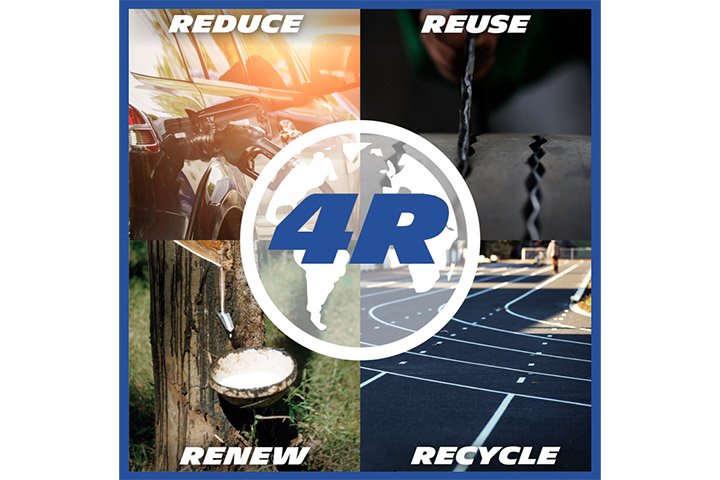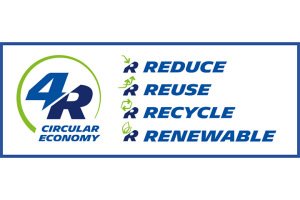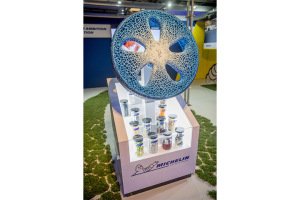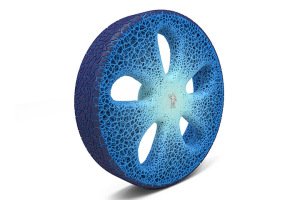
Michelin tyres will be made entirely from renewable, recycled, bio-sourced or other sustainable materials by 2050
Today, nearly 30 per cent of the components used in Michelin tyres are already made from natural, recycled or otherwise sustainable raw materials. Michelin is committed to making its tyres from 100 per cent sustainable raw materials by 2050.
Michelin tyres comprise more than 200 ingredients. Natural rubber is the main component but other ingredients include synthetic rubber, metal, fibers and components that strengthen a tyre’s structure, like carbon black, silica and plasticizers (resins, etc.). Incorporated in perfect proportions, these materials interact to deliver an optimal balance of performance, driveability and safety, while steadily reducing the tyre’s environmental impact.
The sophistication of Michelin’s materials technology is the result of 6000 people working in seven research and development centres around the world, mastering 350 areas of expertise. This has brought about over 10,000 patents covering tyre design and manufacturing.
Michelin has also forged partnerships with start-ups outside of the world tyres to fund research and development in recycling materials like polystyrene or recovering carbon black or pyrolysis oil from used tyres.
Axens and IFP Energies Nouvelles are two companies involved in the BioButterfly project, They have been working with Michelin since 2019 on producing bio-sourced butadiene1 to replace petroleum-based butadiene. Using the biomass from wood, rice husks, leaves, corn stalks and other plant waste, 4.2 million tonnes of wood chips could be incorporated into Michelin tyres every year.
Signed in November 2020, the partnership between Michelin and Canada-based Pyrowave can produce recycled styrene from plastics found in packaging, like yogurt pots and food trays, or in insulating panels. Styrene is an important monomer used to manufacture not only polystyrene but also synthetic rubber for tyres and a wide variety of consumer goods. Eventually, the equivalent of 42 billion yogurt pots could be recycled into Michelin tyres every year.
The process developed by French startup Carbios, which will be based on a Michelin site from Autumn 2021, uses enzymes to deconstruct PET2 plastic waste into its original pure monomers, which can be infinitely recovered and reused to make new PET plastics. One of these recovered plastics just happens to be the polyester yarn used in tyre manufacturing. Some four billion plastic bottles could potentially be recycled into Michelin tyres every year.
Lastly, Michelin announced in February 2021 that it will launch the construction of its first tyre recycling plant in the world with Enviro. This Swedish company has developed a patented technology to recover carbon black, pyrolysis oil, steel, gas and other new, high-quality reusable materials from end-of-life tyres. It will enable everything in these tyres to be recovered and reused in several types of rubber-based production processes.
Michelin also supports the circular economy and is a member of the European BlackCycle consortium. This project, which is coordinated by the Group and financed by the European Union, brings together 13 public and private-sector partners to design processes to produce new tyres from end-of-life tyres.
To find out more about the Michelin Group’s sustainability initiatives, visit the Michelin website.
On the website, Michelin reveals how to make a tyre 100% sustainable
Check out the video showing you the process






